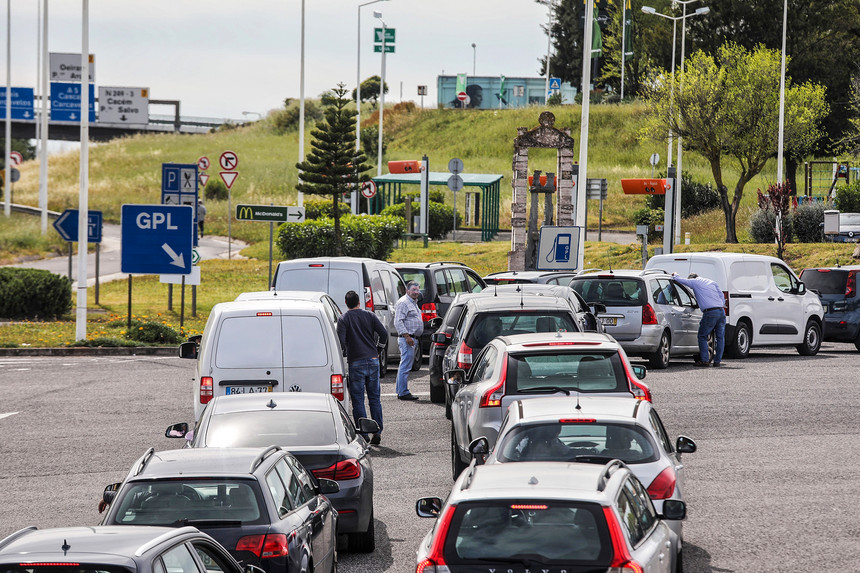The Portuguese government has decided to put the country into energy crisis from tonight until 21 August. Following the announcement of the fuel carriers' strike which is supposed to start on Monday, August 12th, the Portuguese government imposes certain rules that will affect the users, going as far as the use of the army in order to provide the minimum service. Each car can now fill only 25 liters of fuel. The situation is already tense in some pumps with stations already in short supply, and that is why the government admits having to requisition the army. What does this state of energy crisis mean in Portugal? Where to find fuel? Lisbob, the expatriate assistant in Portugal, tells you all about this energy crisis.
Portuguese government decrees the state of energy crisis from 23h59 this Friday
Energy crisis from tonight Friday 23h59
The Portuguese government has declared a state of energy crisis throughout the country from 23:59 on Friday and until 21 August. However, the restrictions imposed for refueling will be put in place from next Monday, with a limit of 25 liters of fuel for light vehicles and 100 liters for heavy vehicles, and this per day. Be careful as this only concerns stations that are not considered as priority. In these, only 15 liters of fuel can be supplied per car.
It was also announced that the Lisbon Administrative and Tax Court had rejected the union's injunction on the minimum services ordered. The union, through statements by its spokesperson, has announced that it will appeal this decision, which imposes a minimum service on carriers.
The army requisitioned to provide the minimum service
The Portuguese court says that "this strike carriers is within the limits of what is admissible", but the opinion rejects any position on the legality of the claim. "It depends on the courts." The same opinion states that the minimum services can and should be extended to "protect other rights and interests". The Attorney General says that for this "what is needed is the gradual extension of minimum services".
With regard to a preventive civilian requisition with the intervention of the army, the Portuguese justice indicates that it is possible and legal. The government said it was not yet decreed, but it did not dismiss that assumption. He also stated that "if previously there were facts indicating the need to use [a preventive civilian requisition], the government, in an extreme situation, will not abort any of the instruments."
521 military and policemen ready to intervene
Matos Fernandes, Portuguese Minister of the Environment, said the government had prepared deliveries of fuel according to the country's priority areas during the drivers' strike. Matos Fernandes explained at the press conference that the needs of August were not identical to those of March, during the last strike.
Army is ready to help
He stated that the emergency service station network (REPA), set up to fight against the strike, has 54 priority posts that only priority entities such as the police, the protection of the population and the army can to self-provide. Out of a total of 321 REPA stations, citizens can fill up 15 liters of fuel, either gasoline or diesel.
Matos Fernandes said that 521 members of the armed forces and the police had been asked to ensure the loading and unloading of the fuel.










